Student leaders from the South-West region of Nigeria have called on the management of tertiary institutions to uphold transparency and accountability in the disbursement of the Nigerian Education Loan Fund (NELFUND).
In a media briefing held in Osogbo on Friday, the National Association of University Students (NAUS) and the National Association of Nigerian Students (NANS) raised concerns over reports of unauthorized deductions by some institutions from students’ loan disbursements. These deductions, allegedly made under the guise of institutional levies, have sparked outrage among the student community.
Samson Adeleke, Chairman of NAUS, urged Vice Chancellors, Rectors, and Provosts across institutions in Osun State and beyond to publicly account for all NELFUND transactions. He emphasized that the credibility and sustainability of the loan scheme depend on transparent implementation.
“We are calling on all heads of institutions to release a detailed breakdown of how the NELFUND disbursements are being managed. Students deserve to know where their money is going,” Adeleke stated. “This is not just a demand—it is a necessary step to rebuild trust between students and school authorities.”
Echoing these sentiments, Comrade Owolewa Taiwo, NANS South-West Coordinator, warned that student bodies would continue to monitor institutions “back to back” to ensure proper use of the funds.
Taiwo also expressed concern over rising insecurity and cult-related activities within campuses, urging school administrations to strengthen internal security systems and prioritize student welfare.
“The learning environment must be safe. Without security, academic performance will continue to suffer,” he added.
NELFUND was launched as a government-backed initiative to support access to higher education through soft loans. However, its implementation has faced scrutiny amid concerns of mismanagement and poor oversight in some institutions.
As stakeholders continue to demand transparency, many hope this advocacy will not only protect student interests but also set a precedent for financial accountability in the education sector across Africa.


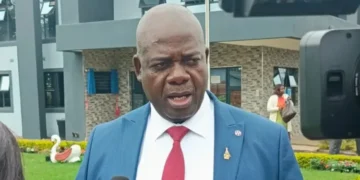
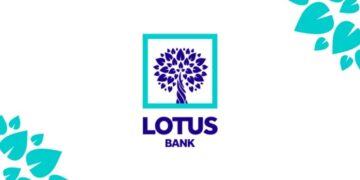


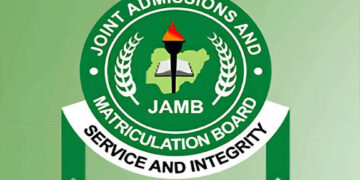























































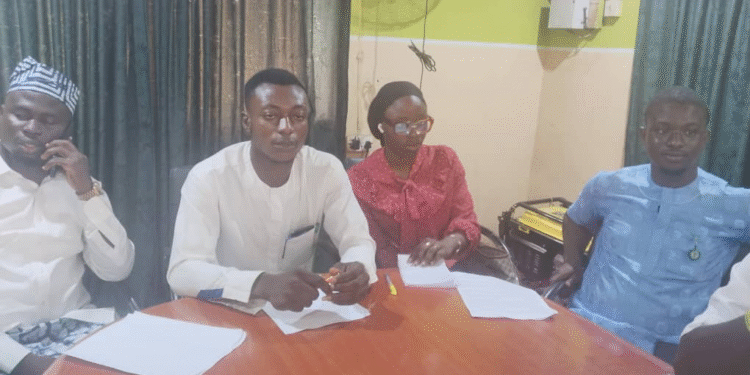




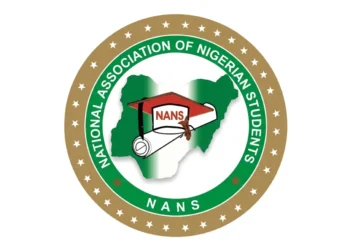
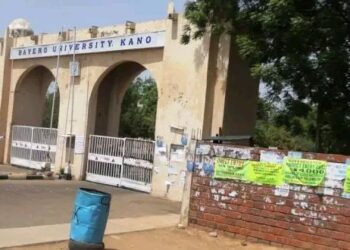


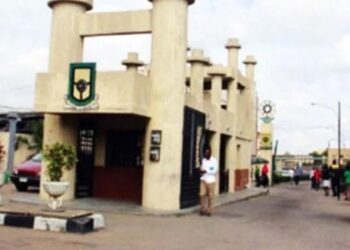
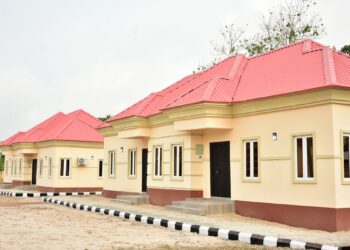










 EduTimes Africa, a product of Education Times Africa, is a magazine publication that aims to lend its support to close the yawning gap in Africa's educational development.
EduTimes Africa, a product of Education Times Africa, is a magazine publication that aims to lend its support to close the yawning gap in Africa's educational development.